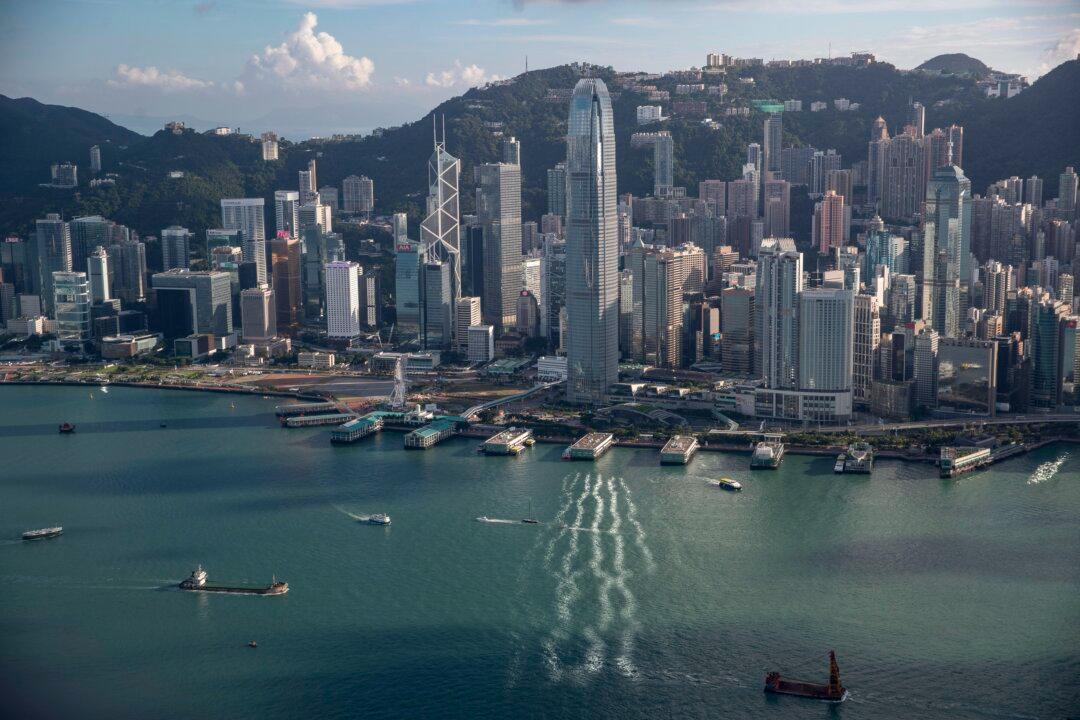40 percent of companies in Hong Kong are pessimistic about the outlook of the city’s business environment for 2021, according to a business survey released on Jan. 11.
The survey was carried out by the American Chamber (AmCham) of Commerce in Hong Kong, which obtained responses from 15 percent of its members, or 181 participants, between Dec. 11 last year and Jan. 4 this year. Among those polled, 51 percent said their companies are headquartered in the United States, followed by 37 percent with headquarters in Hong Kong.





